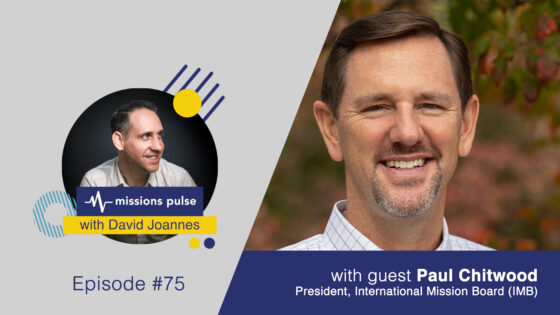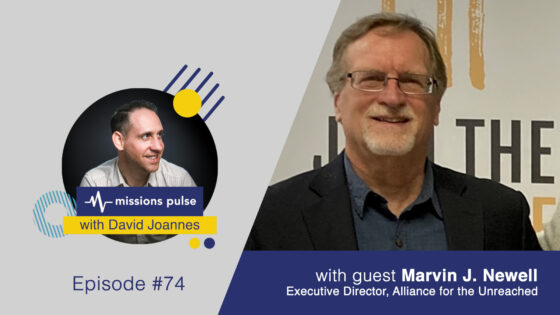Missions Pulse 48: Rebecca Nhep
https://davidjoannes.com/wp-content/uploads/2019/12/048-Rebecca-Nhep-default-1024x576.jpg 1024 576 David Joannes David Joannes https://davidjoannes.com/wp-content/uploads/2019/12/048-Rebecca-Nhep-default-1024x576.jpgOn this episode of Missions Pulse, David Joannes interviews Rebecca Nhep, the senior technical advisor for Better Care Network and the co-founder of Rethink Orphanages. Her work has included a strong focus on advocacy, deinstitutionalization, family-based care and community-led development. Rebecca holds a Master’s Degree in International Development, and a Graduate Certificate in Missiology and Anthropology.
Rebecca challenges paradigms with her spirited call for child-centric care rather than the institutionalized state of foster care and orphan care that we see today.
Make sure to subscribe on YouTube, iTunes, Google Podcasts, or Stitcher.
Get ready for your mind to be blown. This conversation is raw and dirty. Orphanage trafficking?! Have you ever heard of it? It’s real and it’s happening now.
Volunteerism and mission trips to orphanages are actually perpetuating the demand for the institution. What children really need is a family but the high dollar value of orphanages is driving more and more people overseas to visit these children. It might sound dirty (most likely because it is) but everyone wants an Instagram shot with a poor orphan. But there are better alternatives to this system. The reality is that most kids ion the orphan care system have living parents or family members that are better suited to care for these kids should they be empowered with the means to do so.
Have we created a beast that needs constant feeding but is not the end-all system that should be in place? Twenty years ago, Rebecca Nhep moved to Cambodia. Her initial plan was not to work with children, but through her research on the negative impacts of the institutionalization of children, she grew into an advocate for child-centric care. “This is an issue that needs a complete shift in practice,” Rebecca observes. “A lot of these issues stem not only from the institution itself but how overseas churches, short-term mission trips, and funding interact with orphanages and child care.”
Rebecca Nhep says that we need to shift our missions thinking and mission trip paradigm away from what’s in it for us to what’s in the best interest of those we go to serve. We want to see people fired up for serving overseas, but that is secondary. We need to view missions through an ethical lens, particularly when we consider trips to and support of children and orphans.
Growing up in a state-ran institution without the care of a family has great cognitive effects on a child’s development stages. Years after a child has grown into a teen or young adult, there are still striking effects and possible delays. Rebecca Nhep says that the institutionalization of children does not adequately serve the needs of children. Rebecca’s advocacy calls for a transformation of a broken system so that the needs of children are met through proper means.
Just need the audio version? Listen below. Or better yet, subscribe to Missions Pulse on YouTube, iTunes, Google Podcasts, or Stitcher.
Have you ever wondered what makes a missionary tick? What are the underlying motivations of those who cross cultural, geographical, and linguistic boundaries for the sake of Jesus Christ? What compels them to take such extreme measures and why do their actions still inspire Christians worldwide? In The Mind of a Missionary, David Joannes challenges you to find your role in God’s glorious Kingdom narrative. He draws upon history, psychology, life experience, and powerful storytelling to reshape your perception of God’s unique plan for your life. Purchase this book at Amazon today.
Links mentioned in the show:


